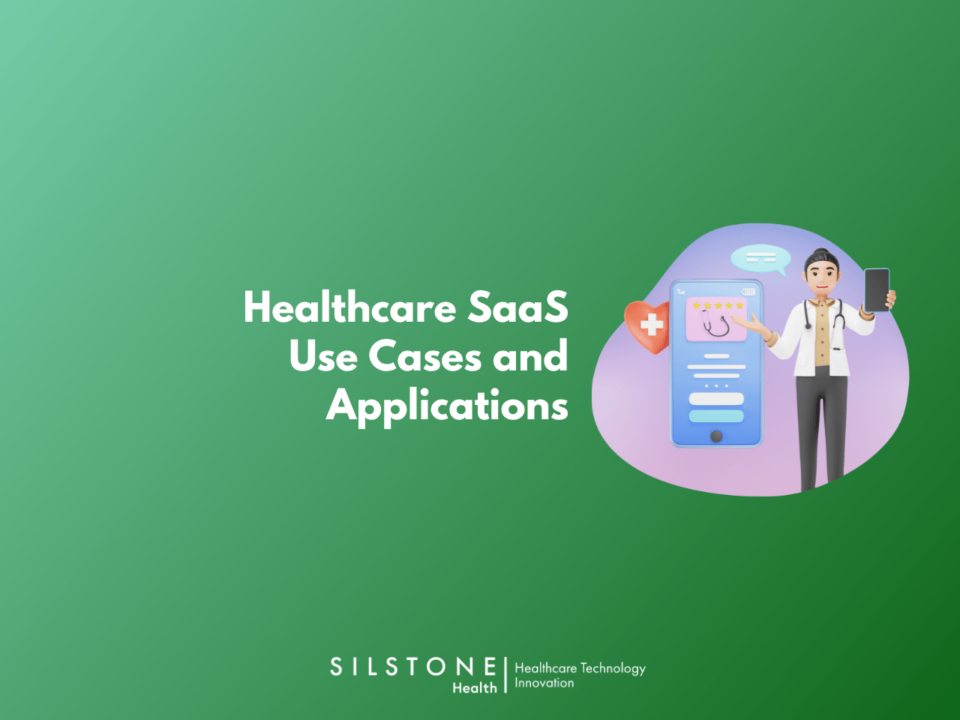
Cloud Migration Strategy for Healthcare
October 13, 2022
Understanding Patient Demographics and Their Impact on Your Marketing
January 13, 2023HIPAA Compliance For Startups: Demystifying HIPAA Compliance

What is HIPAA?
HIPAA is the Health Insurance Portability and Accountability Act, a law that outlines strict rules around the handling of patient data. It’s been around since 1996, but it’s been getting more attention and more importance as the healthcare industry has become more digitized and more data-dependent. HIPAA compliance refers to your organization’s ability to safeguard patient information and ensure that it operates fully within HIPAA guidelines. It is important for healthcare providers and for businesses that deal with healthcare providers to be HIPAA compliant.
Why Is Maintaining HIPAA Compliance So Important?
Healthcare providers of all shapes and sizes must comply with HIPAA. This is because they have access to private information like social security numbers, insurance data, and other personal information. If a data breach happens, there are real consequences for both the individual whose information was compromised and for the organization that suffered the breach. HIPAA compliance ensures that you’re protecting your patients and their healthcare data.
Who is Affected by the HIPAA Act?
Anyone who has provided their information to a healthcare provider is affected by the HIPAA act. That includes patients, families, healthcare providers, and even people who work in healthcare. For example, if you’re a healthcare administration professional who needs to access a patient’s medical record for administrative purposes, you will be required to sign a HIPAA release form.
What are the Penalties for Breaking the HIPAA Rules?
There are civil penalties for breaking HIPAA rules, such as not properly handling PMI or not complying with security standards. There are also criminal penalties for knowingly and willfully breaking HIPAA rules, including fines of up to $50,000 per violation and 10 years in prison. This is why it’s so important to maintain compliance with HIPAA rules.
How do Organizations Prevent Breaches?
There are a few ways that you can prevent breaches and remain compliant with HIPAA rules. First and foremost, you must have an incident response plan in place. It’s also important that you have a compliance officer on staff who can monitor your processes and make sure that your team is staying compliant.
HIPPA Compliance Checklist:
Before diving into how to achieve and maintain HIPAA compliance, it helps to break down the major requirements for HIPPA compliance. These are all key areas to focus on if you want your organization to be fully compliant. –
- Identify and assess risks – The first step in complying with HIPAA is identifying and assessing the risks involved in operating a healthcare saas startup. This includes identifying what data is most at risk and coming up with a plan to safeguard PHI. (Patient Health Information)
- Train employees – Once policies and procedures are in place, you must train employees on them. This is critical because policies and procedures can only be as effective as the people following them.
- Data handling and management – Another key part of HIPAA compliance is data handling and management. This includes things like securely handling and transporting data, preventing data loss or deletion, and regularly auditing data to ensure it’s intact. Refer to Hippa data transmission HIPAA Data at Rest Encryption Requirements.
- Protecting patient privacy – Another major part of HIPAA compliance is protecting patient privacy. This includes securing and controlling access to patient data.
Data Security Considerations:
While achieving and maintaining HIPAA compliance is a critical part of securing patient data, it’s not the only thing you can do to protect information. Other things you can do to ensure data security and compliance include: –
- Using strong encryption – Using strong encryption is another important way to protect patient data. Using a type of encryption that has been approved by the U.S. government is especially important because it is more effective at protecting data.
- Using multiple authentication factors – Another way to keep patient data secure is to use multiple authentication factors. Although HIPAA does not require this, it is recommended and can provide extra protection against cyberattacks and data breaches.
- Regularly auditing systems and data – Another important part of protecting data is regularly auditing systems and data. This includes reviewing logs, conducting risk assessments, and testing security systems as well as other processes like data backups.
- Regularly updating software and hardware – It is also important to regularly update software and hardware, including computers, software, and any other devices or systems that store or transmit data.
- Keeping staff informed of best practices – Finally, it’s important to keep staff informed of best practices and any new policies that have been implemented as a result of HIPAA compliance and other efforts to protect data.
Key Takeaways:
HIPAA compliance refers to your organization’s ability to safeguard patient data and ensure that it operates fully within HIPAA guidelines. It is important for healthcare providers and for businesses that deal with healthcare providers to be HIPAA compliant. To achieve and maintain HIPAA compliance, you first need to identify and assess the risks involved in operating a healthcare business. Next, create policies and procedures to address these risks. Then, train employees on these policies and procedures. Finally, data handling and management, protecting patient privacy, and regularly auditing systems and data. There are other ways to ensure patient data security and compliance, including using strong encryption, using multiple authentication factors, regularly auditing systems and data, and regularly updating software and hardware.





